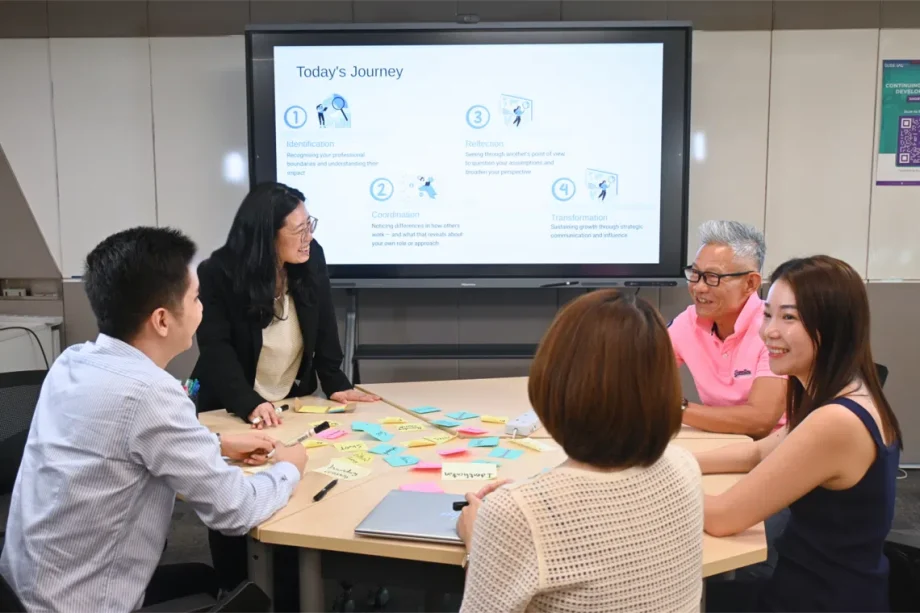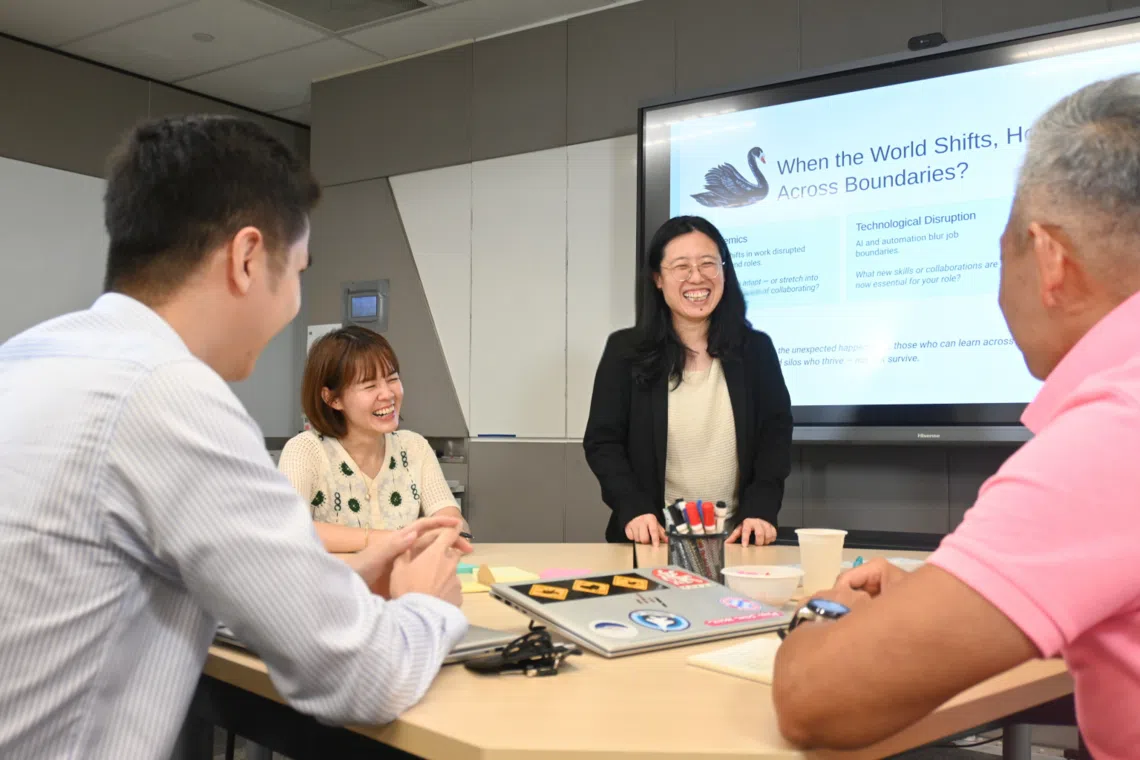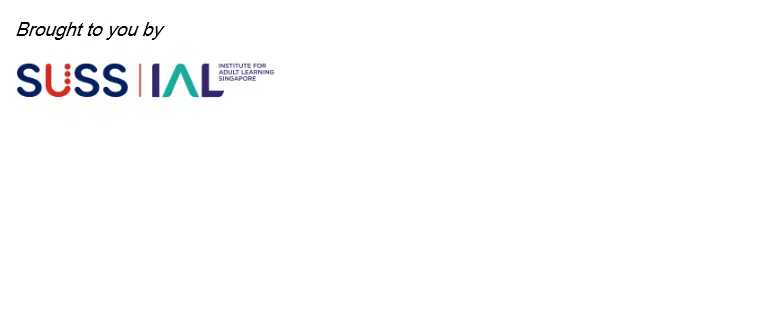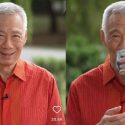Just as athletes train to perform at peak levels, professionals today need to build a different kind of “muscle” – the ability to learn, adapt and pivot quickly. Like any other skill, adaptability can be built and strengthened through practice.
This is what Dr Tay Wan Ying, who has close to 20 years of experience in adult learning and leadership, believes to be essential in today’s evolving work ecosystem. “Learning is a way of building that (adaptability) ‘muscle’. It allows one to be ready when change is needed,” she said.
Dr Tay is the head of programme for the Graduate Diploma in Adult Learning (GDALL) and the Master in Boundary-Crossing Learning and Leadership (MBX) at the Institute for Adult Learning (IAL), an autonomous institute of the Singapore University of Social Sciences (SUSS).
The GDALL is designed to arm professionals with enhanced skills and mindsets to navigate changes at work.
Launched in 2024 by SUSS-IAL, with its first intake in Jan 2025, the programme targets adult educators, learning and development (L&D) specialists, human resource (HR) business partners and line leaders – professionals who are already engaged in learning-related work and who see learning as part of organisational growth. It also benefits learners from the continuing education and training space who are looking for fresh ways to motivate other adult learners.
“The GDALL was created to support those who are already doing learning-related work but who want to do it with greater clarity and structure,” said Dr Tay.
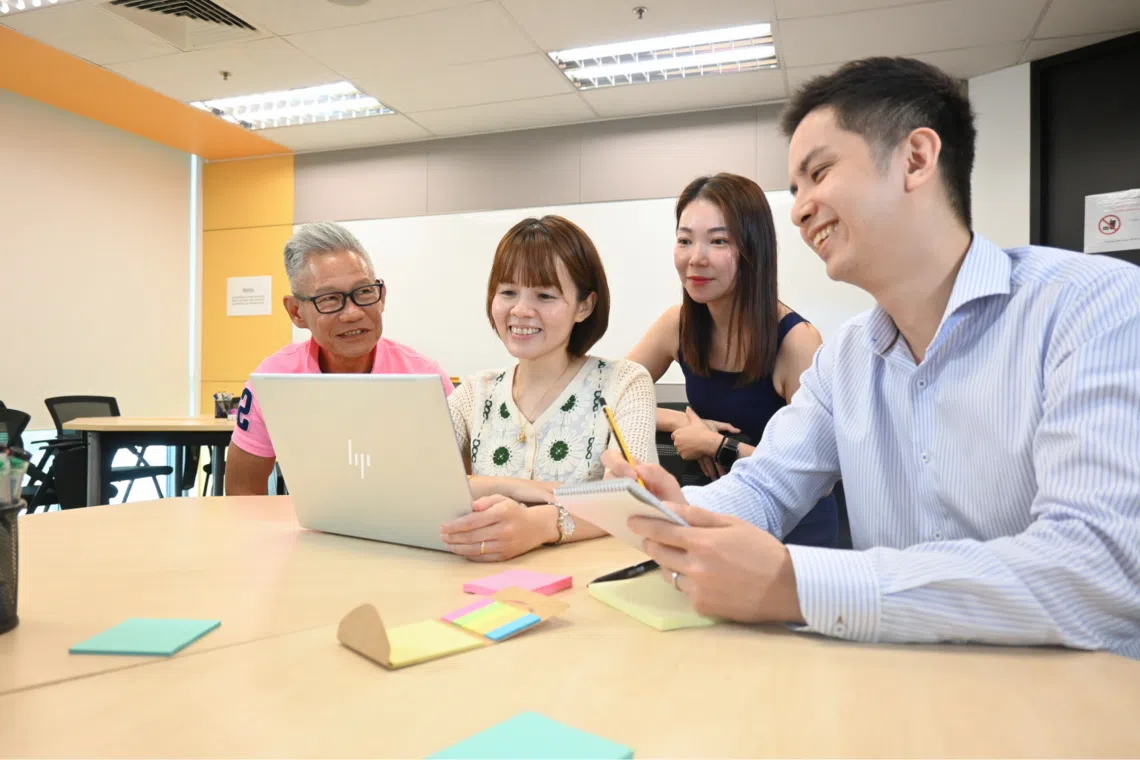
GDALL course participants learn how to connect insights across functions, bridge differing perspectives and solve real workplace problems using boundary-crossing techniques and tools.
PHOTO: SUSS-IAL
What is driving the growing need for this kind of adult learning? The very nature of work itself has changed amid shifting business priorities, globalisation and technology.
“The way people are connected and how work now crosses functional, technological, cultural and even mindset boundaries has fundamentally changed,” explained Dr Tay. “Modern workplaces bring together teams with different goals, norms and tools, and navigating these intersections requires strong boundary-crossing capabilities.”
As organisations adapt to these changes, roles and required skill sets have also shifted. Dr Tay noted that there is now a greater need for data-driven thinking, business acumen and purpose-driven work.
“Work today is increasingly tied to purpose – what really drives us,” she added. “When people reflect on these questions, they often realise that purpose is shaped not just by what they do, but by how they work across different functions, priorities and viewpoints. Being able to bridge these everyday boundaries is now a key skill for meaningful and effective work.”
In this new environment, professionals must develop the agility and mindset together with the adaptability “muscle” to continually learn and grow.
From a L&D perspective, it is no longer enough to simply schedule training courses or update curriculum plans. Instead, L&D professionals should act as catalysts for transformation, enabling people and organisations to be better equipped to respond to changing priorities, mentioned Dr Tay.

